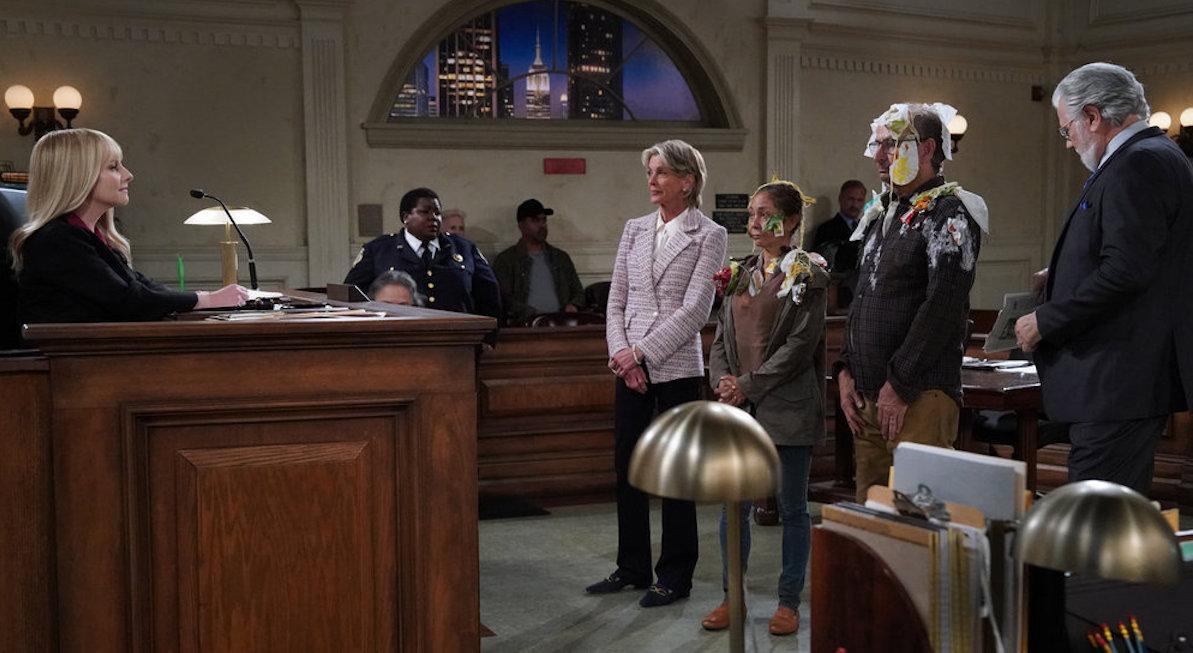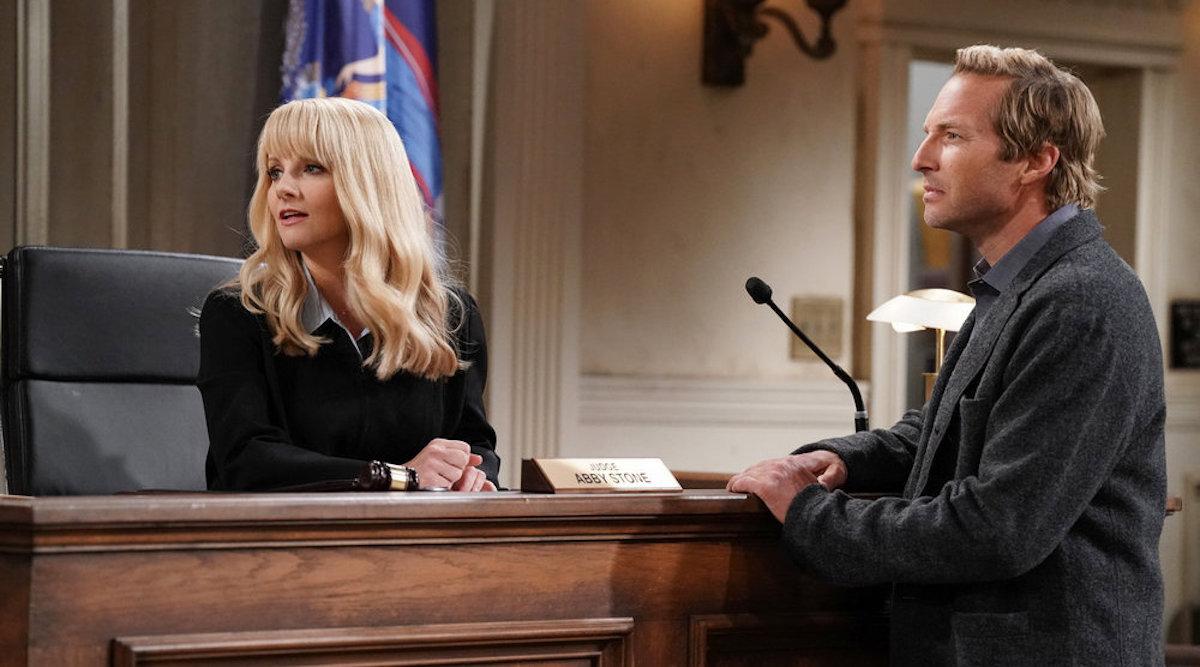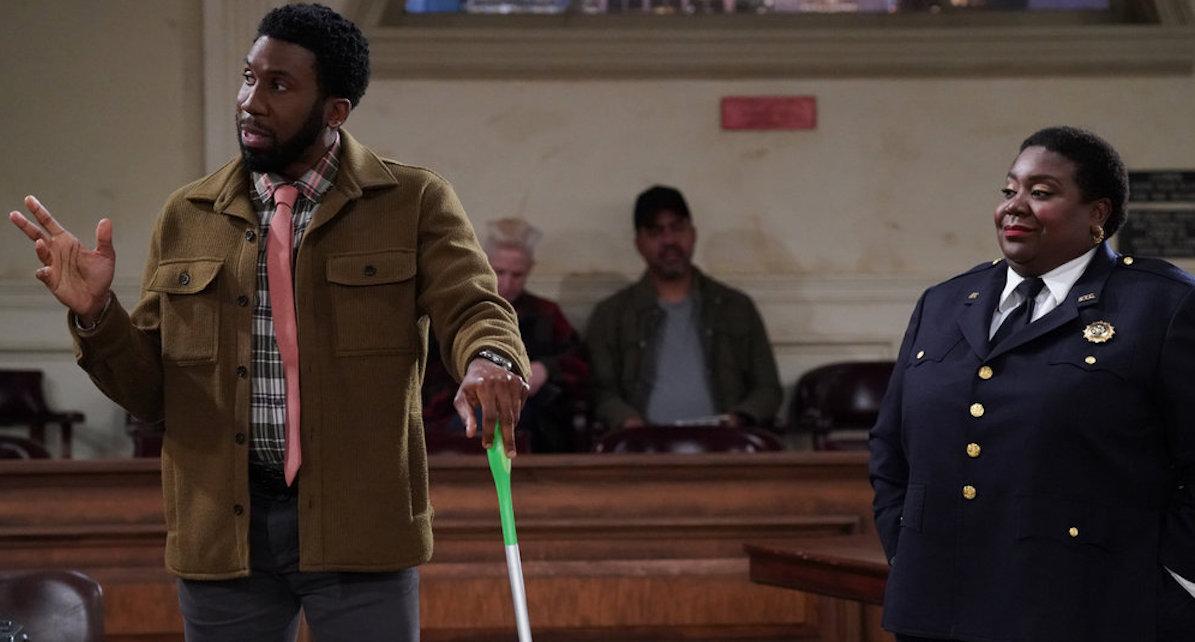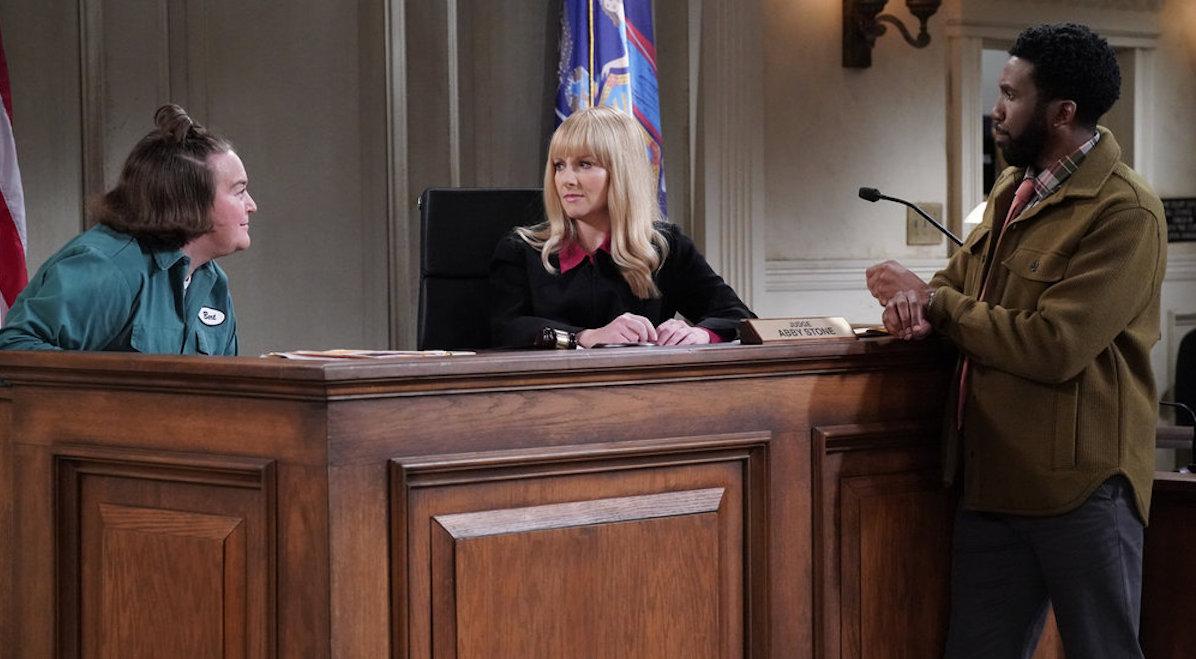Is 'Night Court' a Real Thing? Examining the TV Comedy and the Concept of Night Courts
The quirky characters and antics portrayed on NBC's 'Night Court' leaves viewers wondering if the show is based on reality.
Published Nov. 26 2024, 9:40 p.m. ET

The new Night Court reboot has reignited interest in the beloved sitcom by delivering fresh laughs while paying homage to its predecessor, which originally aired in the 1980s and 1990s. With a mix of quirky characters, absurd cases, and sharp humor, the reboot has drawn both longtime fans of the original series and new viewers who enjoy its unique blend of chaos and comedy.
The late-night courtroom setting remains a key element, providing a perfect backdrop for the unpredictable events that unfold.
As audiences binge-watch episodes, they’re finding the show not only funny but thought-provoking. The absurd cases, offbeat legal dilemmas, and colorful characters are entertaining, but they also spark curiosity.
Could a courtroom like this really exist? Are the cases we see on the show inspired by real-life situations, or are they entirely the product of a writer's imagination? Furthermore, is Night Court even a real thing?
Are there courtrooms that operate late into the night while handling a revolving door of oddball defendants and bizarre scenarios? Is this TV show purely for comedic pleasure?

Is 'Night Court' a real thing in the world of TV comedy?
NBC’s Night Court is a reboot of the original series that first premiered in 1984. The show’s premise is simple yet unique: a Manhattan courtroom operates during late-night hours, handling a mix of minor criminal cases and eccentric defendants. The reboot follows Abby Stone (Melissa Rauch), the daughter of the original series’ Judge Harry Stone, as she presides over the chaotic courtroom with humor and heart.
Much like the original, the reboot thrives on its blend of quirky characters, ranging from offbeat lawyers to unpredictable defendants. Fans of the show enjoy its absurd scenarios and comedic exploration of the legal system, as well as its ability to weave moments of genuine heart into its slapstick humor. The courtroom, portrayed as a hub for bizarre legal dramas, creates an atmosphere where anything seems possible, amplifying the show’s appeal.
While the comedy is clear, the show’s realistic elements are less so. Viewers can’t help but ask: does a court like this exist in real life?

Is 'Night Court' inspired by real-life night courts?
As Distractify previously reported, the concept of a court operating at night isn’t entirely fictional. Real-life night courts do exist in various cities. Typically, they are only necessary in locations that have an overflow of urgent legal matters that can’t be handled during normal business hours. New York City, for example, has long operated night courts.
Primarily, New York City utilizes night courts for arraignments — when defendants are formally charged, and bail decisions are made.
These real-life night courts are far less chaotic than their TV counterpart. Instead of the parade of oddball characters seen on Night Court, they focus on efficiency, processing cases quickly to keep the legal system moving. Cases might involve minor offenses, such as trespassing or disorderly conduct.

While the Night Court reboot takes creative liberties, its premise isn’t entirely disconnected from reality. The creator of the original Night Court series, Reinhold Weege, drew inspiration from actual night courts when developing the show.
According to Screen Rant, Reinhold spent time observing real late-night court sessions in bustling cities like New York, which provided him with a unique glimpse into urban life and its legal quirks. These experiences influenced the series' foundation. The exaggerated scenarios and comedic tone of the series, however, is purely fictional.
So, is Night Court real? The answer lies somewhere in the middle. While the TV show’s portrayal of a wacky, anything-goes courtroom is largely fictional, its inspiration comes from real night courts that do operate in cities like New York. These real-life courts may lack the comedic antics of the show, but they serve an important purpose in the justice system.